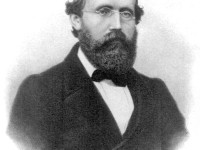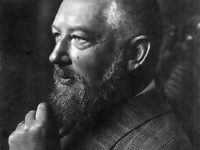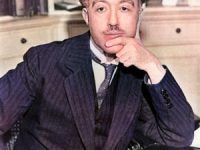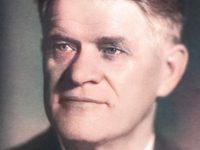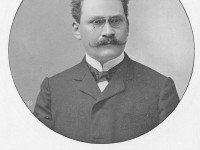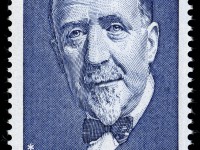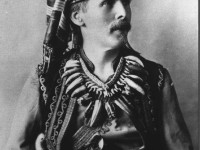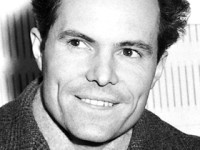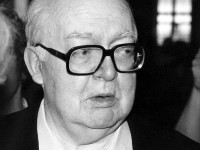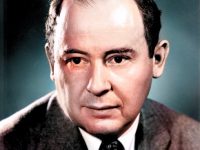Bernhard Riemann’s innovative approaches to Geometry
On September 17, 1826, influential German mathematician Bernhard Riemann was born. Riemann‘s profound and novel approaches to the study of geometry laid the mathematical foundation for Albert Einstein’s theory of relativity. He also made important contributions to the theory of functions, complex analysis, and number theory. “Nevertheless, it remains conceivable that the measure relations of space in the infinitely small are not in accordance with the assumptions of our geometry [Euclidean geometry],…
Read more

